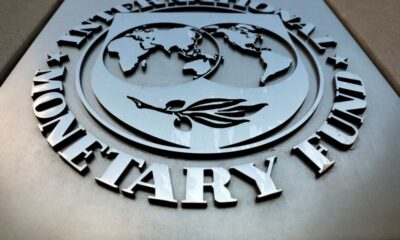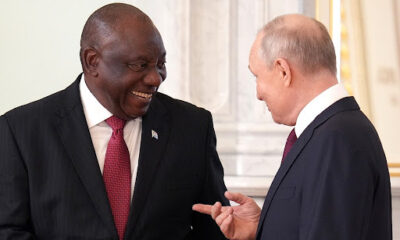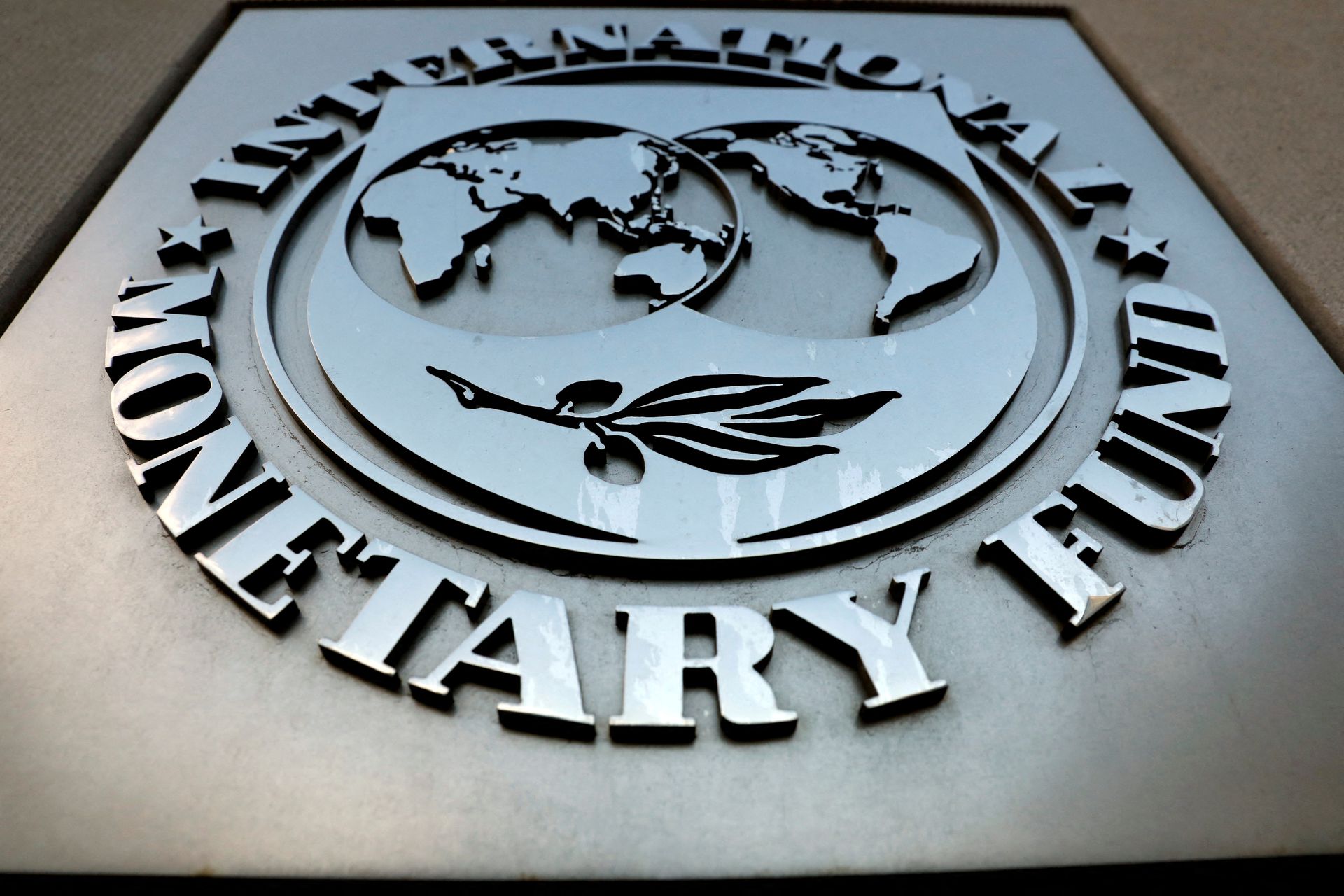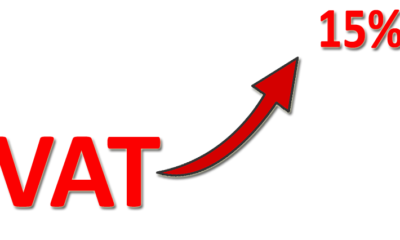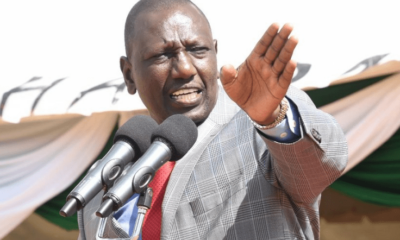Abebe Aemro Selassie, director of the International Monetary Fund (IMF) Africa, has stated that countries in Sub-Saharan Africa that rely on commodity exports must change their economies to address uneven regional economic growth.
According to the IMF’s most recent World Economic Outlook, which was released this week, the region is predicted to develop by 3.6% this year, which is unchanged from last year and lower than an April prediction of 3.8%. Commodity economies are likely to lag behind their more diverse rivals.
According to the IMF’s assessment, the growth of the commodity-intensive nations is around half that of the rest of the region, with oil exporters bearing the brunt of what it called “subdued and uneven” regional growth.
“South Sudan, Nigeria, Angola are all very much in that camp,” Abebe told Reuters.
The IMF’s regional economic outlook for Sub-Saharan Africa was released on Friday, and while diverse economies like Senegal and Tanzania are predicted to develop at a rate higher than the regional average, Nigeria would only grow at a rate of 2.9%.
“They have had very large macroeconomic imbalances, financing challenges which have held back growth,” Abebe said.
He claimed that because those issues had led to rising inflation and pressure on the expense of living, the Nigerian government needed to “squarely address” them.
The administration of President Bola Tinubu has started a number of measures that it claims are intended to boost economic expansion and draw in foreign investment. The IMF predicted that South Africa, whose growth has been hampered by debilitating power outages, would expand by 1.1% this year.
The IMF stated that armed conflicts are also impeding growth, pointing to the fact that South Sudan’s oil exports are impeded by fighting in neighbouring Sudan, where the crude export pipeline is located.
“They (oil exporters) need to find new sources of growth, get more private sector investment – so working on reforms that will facilitate that is important,” Abebe said.
According to the IMF research, Sub-Saharan Africa’s economic growth is anticipated to improve marginally to 4.2% in the upcoming year.
Although Sub-Saharan Africa accounted for almost half of the world’s 20 fastest-growing economies this year, the research issued a warning that greater growth rates were necessary to combat pervasive poverty and inequality.
According to the IMF, as nations grapple with high debt loads and high debt servicing costs, one of the primary barriers to higher growth is a lack of access to inexpensive financing.
The fresh money was expensive, even though some nations were able to sell bonds on global capital markets this year after a two-year break brought on by geopolitical shocks and high interest rates in developed nations like the US.
“The old development finance architecture is not delivering, and, if anything, kind of is in the process of disintegrating,” Abebe said, citing “very problematic levels” of official bilateral funding for poor countries.



